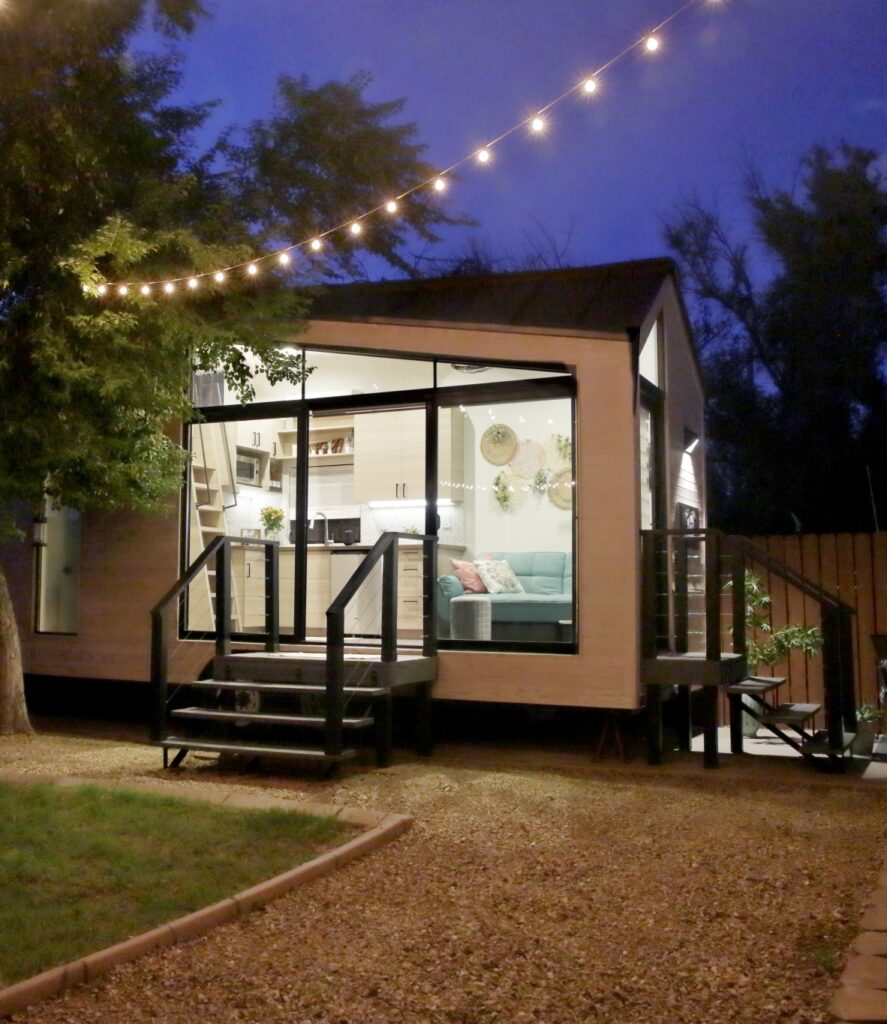
ADU Contractor in Los Angeles, one of the largest cities in the United States and is known for its diverse neighborhoods, thriving arts scene, and thriving construction industry. One of the fastest-growing segments of the construction industry in Los Angeles is the construction of Accessory Dwelling Units (ADUs), also known as granny flats, in-law suites, or secondary units.
This article provides a comprehensive overview of Accessory Dwelling Units (ADUs) in Los Angeles and the benefits of building one. It explains what ADUs are, why they are becoming popular in the city, and what to consider when choosing an ADU contractor. The article also covers the factors to consider when selecting a contractor, such as an experience, reputation, cost, communication, license and insurance, and design and customization. Additionally, the article highlights the benefits of building an ADU in Los Angeles, such as additional income, increased property value, and extra space for family or guests. This article is a valuable resource for anyone looking to build an ADU in Los Angeles who wants to know more about the process and the benefits involved.
What is an ADU?
An Accessory Dwelling Unit is a small, separate living space located on the same property as a single-family home. ADUs are typically used as rental properties, but can also be used as in-law apartments, home offices, or guesthouses.
Why are ADUs popular in Los Angeles?
Los Angeles is a city that boasts a thriving construction industry and the growing demand for Accessory Dwelling Units (ADUs) is a testament to this. An ADU, also known as a granny flat, in-law suite, or secondary unit, is a separate living space located on the same property as a single-family home. With the high housing costs and shortage of affordable housing options in LA, building an ADU can provide a solution for homeowners seeking additional income and extra space for guests.
Finding the Right ADU Contractor in Los Angeles
When it comes to building an ADU, it is important to find a contractor who is experienced and knowledgeable in the construction of these units. Here are some factors to consider when choosing an ADU contractor in Los Angeles:
- Experience: Look for a contractor who has a proven track record of building ADUs in the Los Angeles area. A contractor with experience will have a better understanding of local building codes, zoning regulations, and permitting requirements.
- Reputation: Ask for references from past clients and check the contractor’s reputation by reading online reviews and ratings.
- Cost: Get several bids from different contractors and compare their prices, services, and payment terms. It’s important to find a contractor who is transparent about their pricing and provides a detailed estimate for the project.
- Communication: Good communication is key to ensuring a successful construction project. Make sure the contractor is easy to reach and responsive to your questions and concerns.
- Licensing and Insurance: Verify that the contractor has a valid license and insurance. This will protect you and your property in case of any accidents or damage during the construction process.
Benefits of Building an ADU in Los Angeles
Building an ADU in Los Angeles can bring several benefits, including:
- Additional Income: Renting out an ADU can provide a steady stream of income. This can be particularly helpful for homeowners who are looking for additional financial stability.
- Increased Property Value: An ADU can increase the value of your property. This is because it provides an additional living space that can be rented out or used for guests.
- Space for Family or Guests: An ADU can provide extra space for family or guests who want to stay with you for an extended period of time.
Conclusion
Building an ADU in Los Angeles can be a great way to increase your property’s value and provide additional income through rental income. However, it’s important to find a reputable and experienced ADU contractor to ensure that the project is completed successfully. Take your time to research and compare different contractors, and choose one who is transparent about their pricing, responsive to your needs, and knowledgeable about local building codes and regulations.
